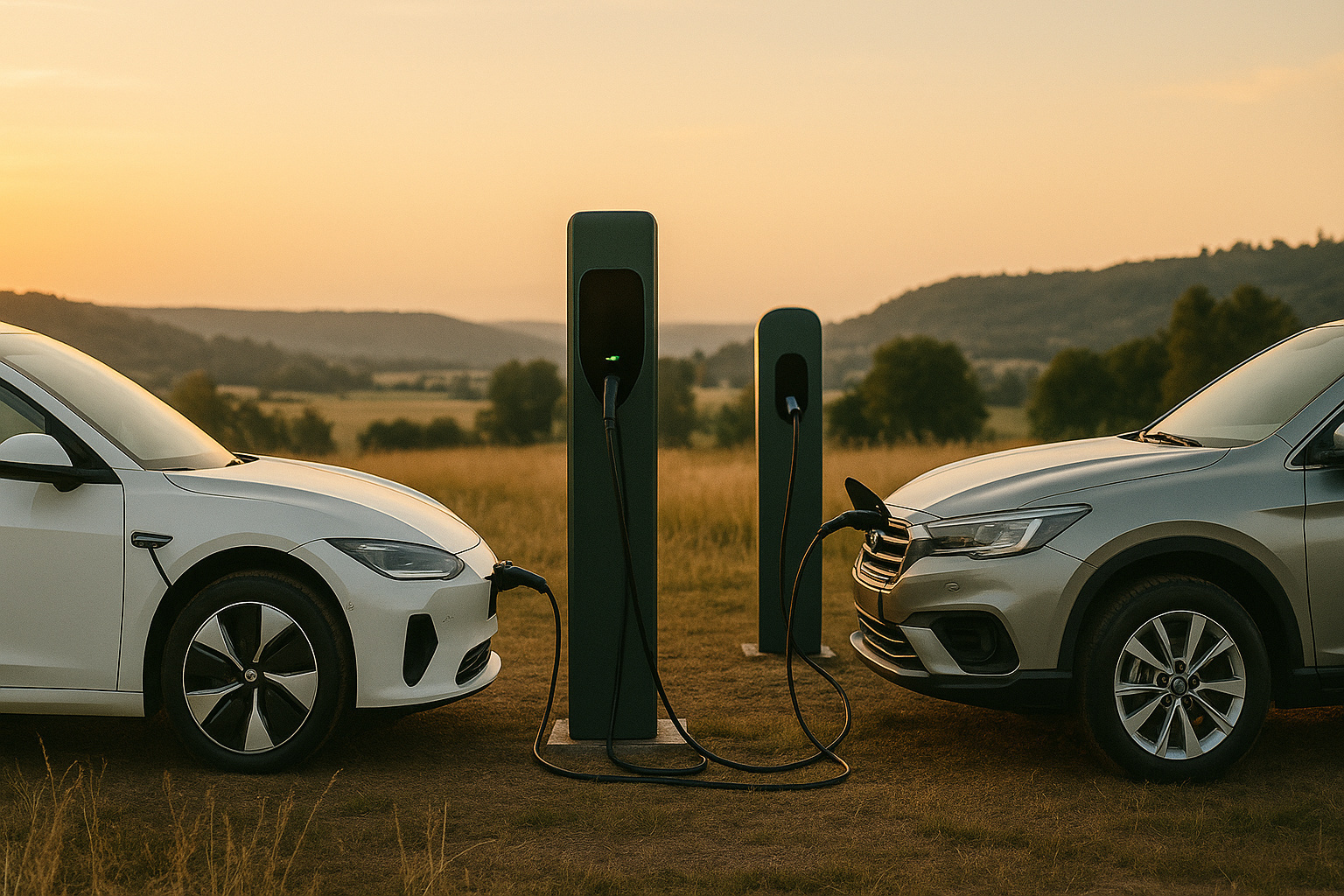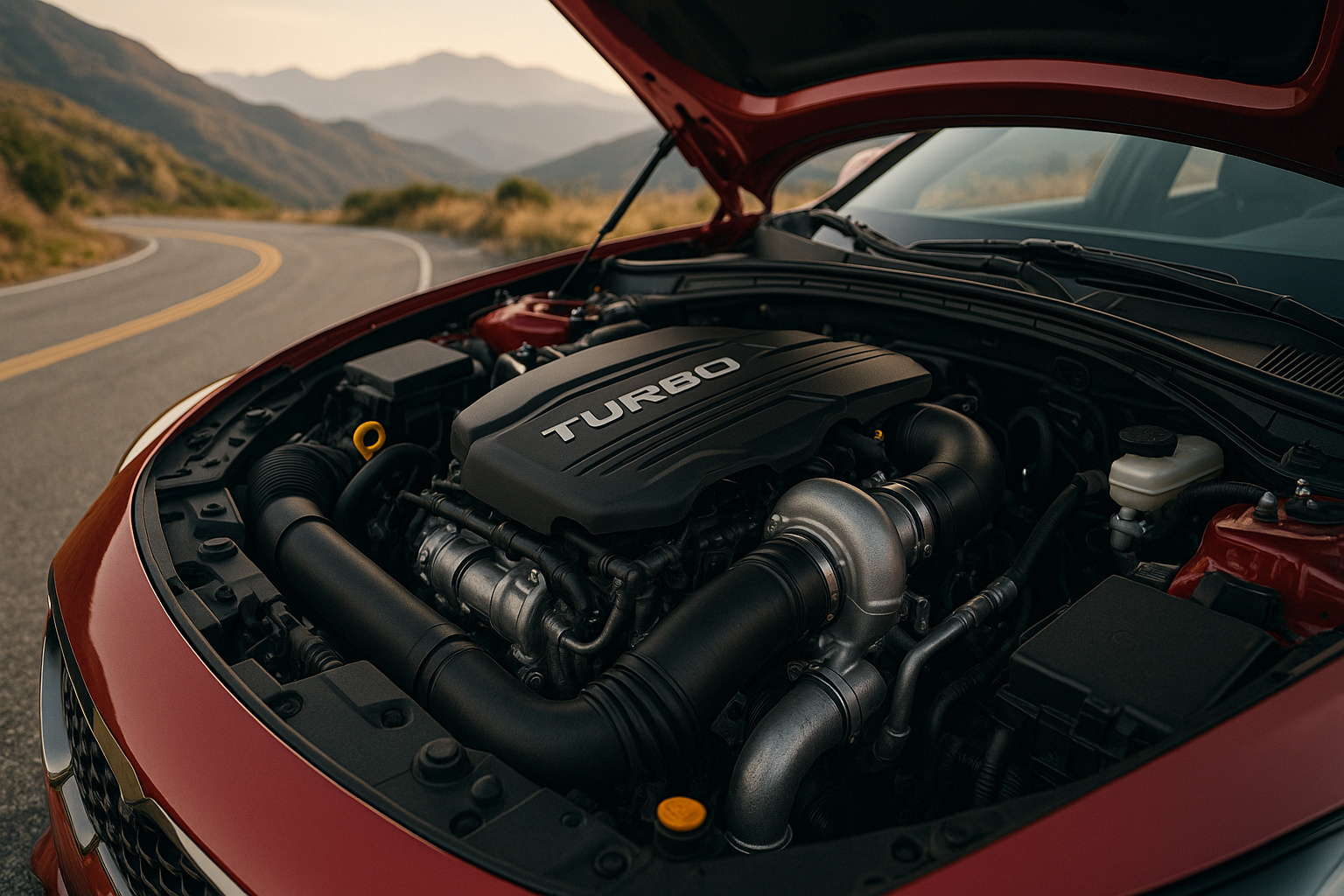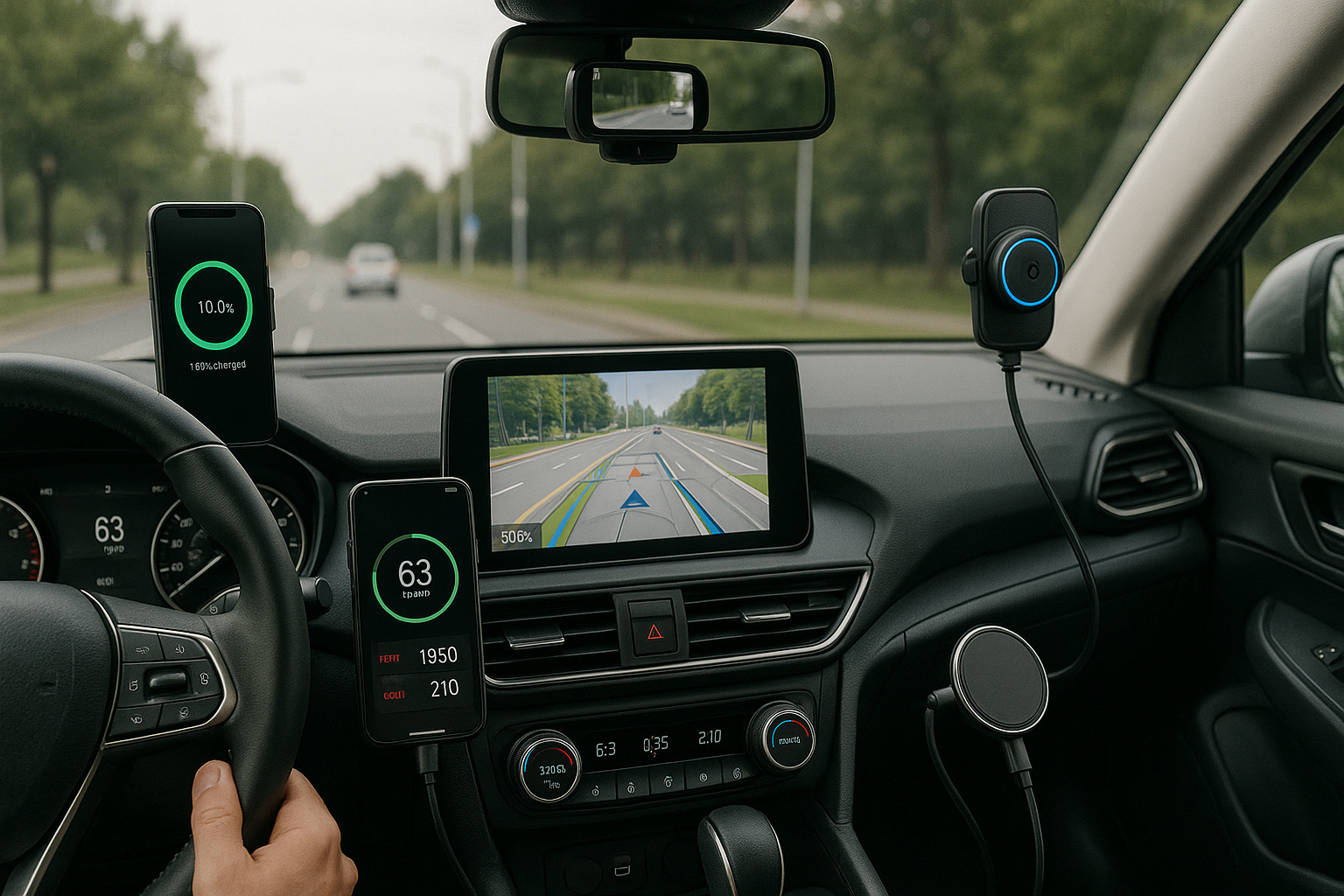
In 2025, the automotive landscape is increasingly defined by sustainability with a surge in demand for electric (EVs) and hybrid vehicles (HEVs). As consumers confront the choice between EVs and HEVs, understanding the nuanced differences in their technology, benefits, and cost implications becomes essential. This guide explores these two leading types of sustainable vehicles, aiming to arm you with knowledge to make an informed decision tailored to your personal and environmental needs.
Choosing between an electric vehicle (EV) and a hybrid vehicle (HEV) in 2025 involves considering various factors including your driving habits, budget, and commitment to reducing environmental impact. Here's a detailed guide to help you navigate the decision:
- Driving Range and Lifestyle: Evaluate your typical daily mileage and access to charging facilities. EVs now offer extended ranges, which are continually improving, but still require charging infrastructure that is more sparse than gasoline stations. Hybrids, on the other hand, can utilize traditional fueling stations and benefit from regenerative braking to enhance efficiency.
- Environmental Impact: Consider the full lifecycle emissions of the vehicle. EVs typically have a higher manufacturing footprint, primarily due to their batteries, but generally have lower operational emissions compared to hybrids.
- Cost-Effectiveness: Upfront costs versus long-term savings should be considered. EVs might have higher initial prices but potentially lower long-term operational costs due to less maintenance needs and the lower cost of electricity compared to gasoline.
- Incentives: Research local incentives available for EVs and HEVs, as many regions offer tax breaks, reduced fees, and other benefits to encourage the purchase of environmentally friendly vehicles.
- Resale Value: Historically, EVs have suffered from rapid depreciation, but the trend is seeing a shift with technology improvements and wider adoption. Hybrids tend to retain their value better due to their reliance on both electric and combustion engine technologies.
Maintenance and ownership costs play a significant part in the decision to buy an EV or HEV:
- Maintenance Needs: EVs generally have fewer moving parts compared to HEVs or traditional combustion engines, which can mean fewer mechanical issues and lower maintenance costs. However, battery replacements, if necessary, can be expensive.
- Energy Costs: Operating an EV generally costs less on a per-mile basis compared to hybrid vehicles, dependent on local electricity costs versus gasoline prices.
- Insurance Costs: Insurance rates for EVs may be higher due to their higher initial cost and more expensive repair technologies. Conversely, hybrids might offer lower insurance premiums due to their safety features and established technology.
In summarizing, the choice between an EV and a HEV in 2025 significantly depends on personal needs, environmental priorities, and economic considerations. With the advancement in technology, both options present viable routes towards sustainable driving. However, EVs offer a lower carbon footprint during operation, while hybrids provide flexibility with their dual fuel options. Weighing the pros and cons of each, in light of your specific circumstances, will guide you to the smartest choice for your sustainable transportation solutions.




